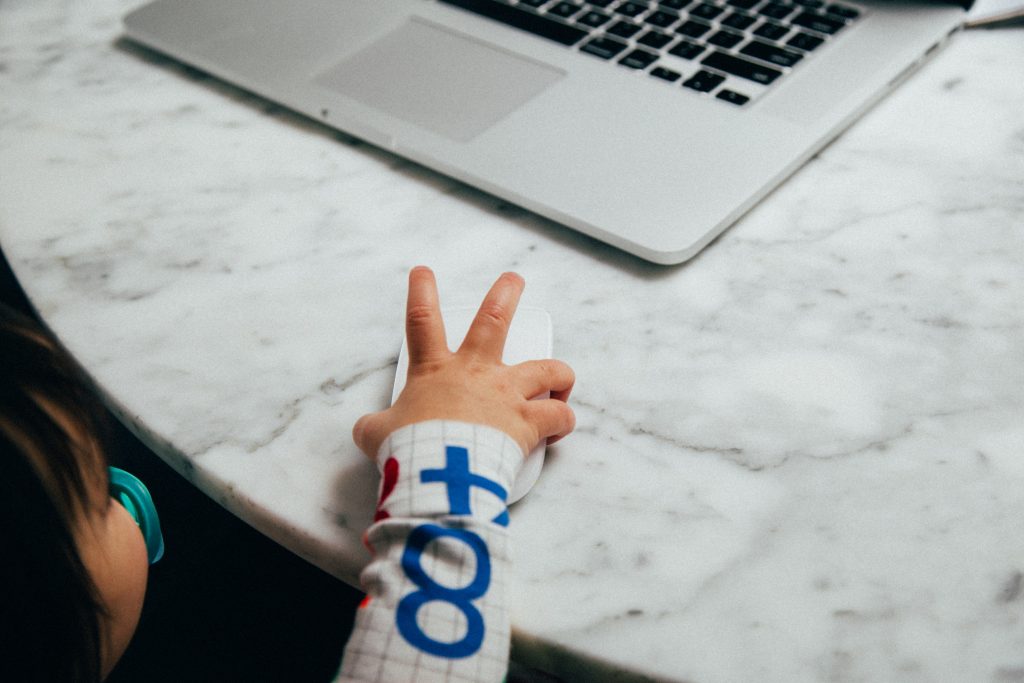By Sarah Trigg, Director, Employee Communications
March is Women’s History Month, dedicated to commemorating and celebrating the women playing vital roles in American History.
This March is even more significant because it marks one year since COVID-19 invaded our lives. The pandemic has forever changed us. The way we live. The way we work. The way we support one another.
Like many of you, I’ve seen the stats surrounding women in the workplace. And yes, they are disturbing and grim. Here are just a few in case you haven’t seen the numbers.
1988 is the last year that the percentage of women in the workforce has been this low. (National Women’s Law Center)
The pandemic will take women 10 years backwards in the workplace. (The New York Times)
Nearly 5.3 million jobs were lost by women since the pandemic began. (National Women’s Law Center)
Last month alone, 154,000 Black women left the labor force—the largest one-month drop among that cohort since the pandemic’s onset last March. (Fortune)
1 in 4 women considered downshifting or quitting under the pressures of family and work. (McKinsey)
Women, especially women of color, have been disproportionately impacted by pandemic-related job loss. The strides made in narrowing gender and pay gaps, took a serious blow during the past year. It’s no secret that parents, both moms and dads, are feeling a huge amount of extra stress. And since a year has passed, we can all agree that parents are so much more put together, organized, calm… Oh, wait. No. They’re actually not thriving like everyone thinks they should be by now.
As someone without kids, this is not a dig at parents. I have absolutely no idea how they do it every single day. I am trying to stay semi-sane and I don’t have anyone to care for other than my succulents – and they are hanging on for dear life!

When I began looking into this topic, I had no idea just how complex things have become. If you’ve read any of the news lately, you know that this is a hot issue. Everyone is talking about all the problems working moms are facing, including this recent study by McKinsey, but the conversation around actual solutions is slim. Which begs the question, is anybody listening?!
I get it, this issue is incredibly overwhelming. And since the only children I have require water once a week (or less… maybe I’m doing this whole thing wrong), I wanted to go directly to the source. I wanted to talk to actual working moms and dads, and I was able to convince a very gracious group of corporate parents to open up and share with me, all with the promise of remaining anonymous.
The Stress Factors
In the hopes of gaining a better understanding, I asked the group a few questions about the added pressures they’re facing at work due to the pandemic and caretaking responsibilities. While my sample size was small, findings were representative of the trends we’ve all been reading about – vulnerabilities and all. Here’s a look at what I found:
While their worlds have changed, their work responsibilities have not. Moms and dads admitted that they aren’t immune to the following pressures and expectations that come with working in the industry:
- Boundaries (or the lack thereof) – Feeling the need to be “always on” or not feeling like they can say “no” when there are caretaking responsibilities that need immediate attention.
- Feelings of Guilt – Constantly wondering if they’re giving their children the attention they deserve without also neglecting their work responsibilities.
- Performance Based Fears – Working hard to build a career that now has added personal responsibilities and increasingly demanding deadlines, has caused them to struggle to maintain a healthy work life balance. This has also led some to contemplate the possibility of being let go.
- Mental Burnout – Worrying about their family’s wellbeing and stretching to cover added responsibilities at home has put increased strain on their mental and physical wellbeing.
How you can support your coworkers:
Every parent is going through their own personal situation with varying struggles, which makes things tricky when thinking about a solution – there isn’t a one-size-fits-all answer. This issue deserves more than lip service, we must be empowered to play a role in moving things forward in a positive direction and change how we treat each other. Here are just a few examples of how you can take those first steps:
1: Listen to Your Teammates
Parents working from home face unique demands, expectations, and challenges. Reach out to your teammates and see if they are OK.
2: Be Empathetic, Flexible and Extend Some Grace
Recognize that some of your coworkers, especially those with children or taking care of others, are experiencing challenges that you may not be able to relate to. Be open to new ways of working. Give them grace!
3: Take Advantage of Health and Wellness Offerings
Take advantage of your company’s health and wellness offerings. And if you just need to let it out, try calling The New York Times’ 24-hour hotline where you can scream, cry or vent into the phone!
Final Thoughts
2020 is SO last year. The realities that I uncovered from just a few short conversations with moms and dads, both enraged and saddened me. I want to ease their pains, ensure they feel supported and less stressed, and give them all big virtual hugs. But I realize I can’t do this alone. This is only skimming the surface and the beginning of a much bigger conversation. As we continue to define what the future of work will look like, and figure out ways to better support one another, lets act with a sense of urgency and purpose to start making small but meaningful changes now!

